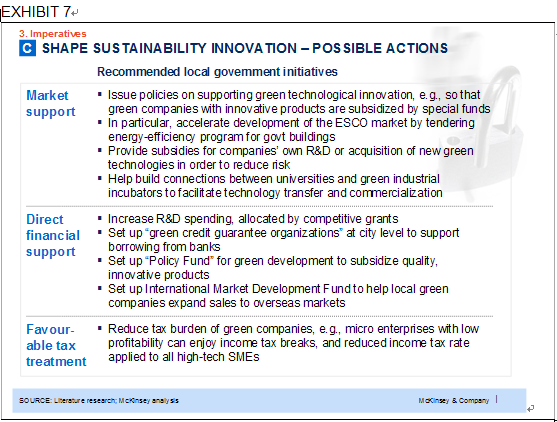Can You Consolidate Private and Federal Loans? Exploring Your Options for Debt Management
#### Can you consolidate private and federal loans?When it comes to managing student debt, many borrowers find themselves asking, "Can you consolidate priva……
#### Can you consolidate private and federal loans?
When it comes to managing student debt, many borrowers find themselves asking, "Can you consolidate private and federal loans?" This question is crucial for those looking to simplify their payments and potentially lower their interest rates. In this article, we will delve into the options available for consolidating loans, the differences between private and federal loans, and the implications of consolidation on your financial future.
#### Understanding Loan Types
Before we explore consolidation, it’s essential to understand the two primary types of student loans: federal and private.
- **Federal Loans**: These loans are issued by the government and typically come with benefits such as fixed interest rates, income-driven repayment plans, and potential loan forgiveness options. Examples include Direct Subsidized Loans, Direct Unsubsidized Loans, and PLUS Loans.
- **Private Loans**: These loans are offered by private lenders, such as banks or credit unions. They often have variable interest rates and fewer borrower protections compared to federal loans. Private loans can be more flexible in terms of amounts borrowed but typically lack the benefits associated with federal loans.
#### Can You Consolidate Private and Federal Loans?
The short answer is that you cannot directly consolidate private and federal loans together. However, there are options for managing both types of loans effectively.
1. **Federal Loan Consolidation**: If you have multiple federal loans, you can consolidate them into a Direct Consolidation Loan. This process combines your federal loans into a single loan with a fixed interest rate based on the average of your existing loans. This can simplify your payment process and may extend your repayment term, potentially lowering your monthly payments.

2. **Private Loan Refinancing**: For private loans, you can consider refinancing. This involves taking out a new loan with a private lender to pay off your existing private loans. Refinancing can lead to lower interest rates and improved loan terms, but it’s important to note that refinancing federal loans into a private loan means losing federal benefits, such as income-driven repayment plans and loan forgiveness options.
#### Pros and Cons of Consolidation and Refinancing
Understanding the advantages and disadvantages of consolidating or refinancing is essential for making an informed decision.
- **Pros of Federal Loan Consolidation**:
- Simplified payments with one monthly bill.
- Potentially lower monthly payments through extended repayment terms.
- Retaining access to federal benefits.

- **Cons of Federal Loan Consolidation**:
- Loss of borrower benefits tied to original loans, such as interest rate discounts or principal rebates.
- May result in a higher overall interest cost if repayment terms are extended.
- **Pros of Private Loan Refinancing**:
- Opportunity for lower interest rates based on creditworthiness.
- Potential for better loan terms and conditions.
- **Cons of Private Loan Refinancing**:

- Loss of federal loan benefits if federal loans are included.
- Variable interest rates may increase over time, leading to higher payments.
#### Conclusion
In conclusion, while you cannot directly consolidate private and federal loans together, you have options for managing each type effectively. Federal loan consolidation can simplify your federal debt, while refinancing private loans can potentially save you money. It’s crucial to weigh the pros and cons of each option and consider your long-term financial goals. Always consult with a financial advisor or loan expert to understand the best path for your unique situation.